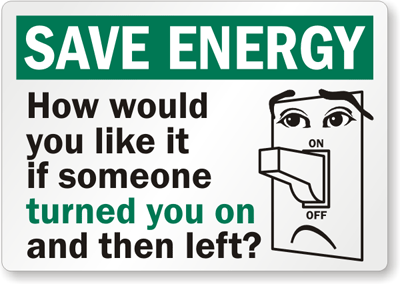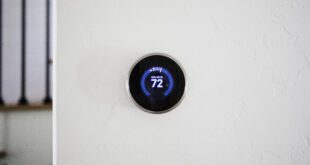Shelton Group Study Shows Decline in Energy-Efficient Product Purchases and Home Improvements

Shelton Group, the nation’s leading marketing communications firm entirely focused in the sustainability and energy efficiency sectors, announced today that its latest Utility Pulse study shows that energy-saving habits have declined in the last three years.
The national poll shows decreases in behaviors such as:
Replacing incandescent bulbs with energy-efficient CFLs or LEDs, down 13 percent
Adding sealing, caulking or weatherstripping, down 17 percent
Purchasing a higher-efficiency/ENERGY STAR qualified appliance, down 6 percent
In addition, the survey found:
50 percent of Americans still don’t unplug chargers and un-used appliances
40 percent don’t use energy-saving thermostat settings
Almost 70% haven’t changed their water heater settings to save energy
“Energy-efficient product purchases and home improvements continue to decline, yet three-quarters of American homes likely need these improvements,” said Suzanne Shelton, founder and CEO of Shelton Group. “And more than 40 percent of those who’ve actually done something are frustrated because they aren’t seeing the reduction they expected on their utility bills.”
The survey also found that while only 8–18 percent of energy-efficient product buyers admit to doing so, 50 percent of consumers say they would likely use new, more energy-efficient equipment more than their old units. And, while 80 percent say incentive programs impact purchase decisions, only 30 percent of those who have made improvements took advantage of an incentive program.
“Forty percent of those we surveyed said they are concerned about the world our children and grandchildren will inherit, but we as Americans simply aren’t taking responsibility for our own energy consumption,” said Shelton. “We do not understand the environmental impact of our energy use – we’re more strongly driven by our wallets when it comes to energy. And even then, sometimes we’d prefer to blame our utility company than actually take responsibility for our own consumption and the ensuing monthly utility bills.”
For information or to download the full Utility Pulse study, visit http://sheltonsites.com/sheltongrp1/what-we-do/intelligence-and-insights/pulse-studies/utility-pulse-2013/.
 Alternative Energy HQ solar power for homes, wind energy, and bio fuel issues
Alternative Energy HQ solar power for homes, wind energy, and bio fuel issues












